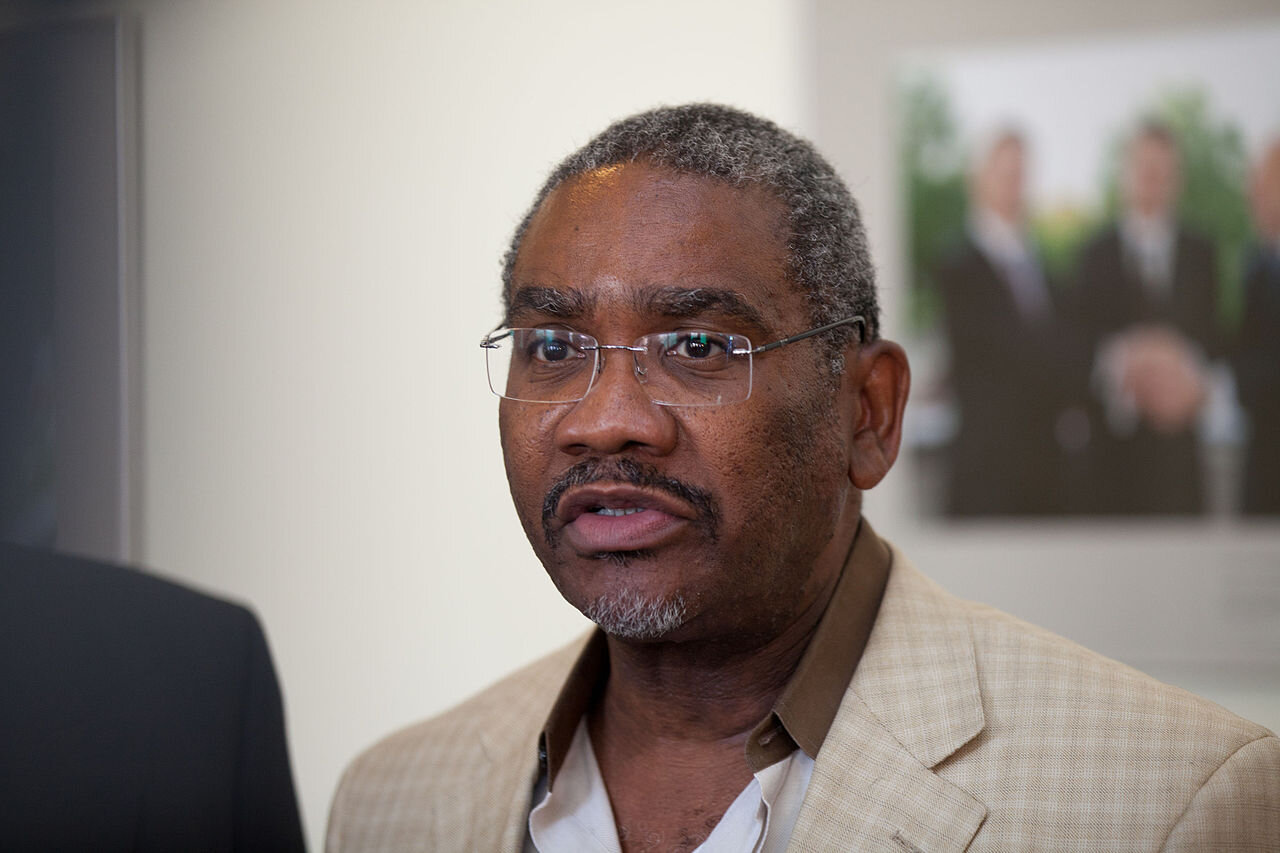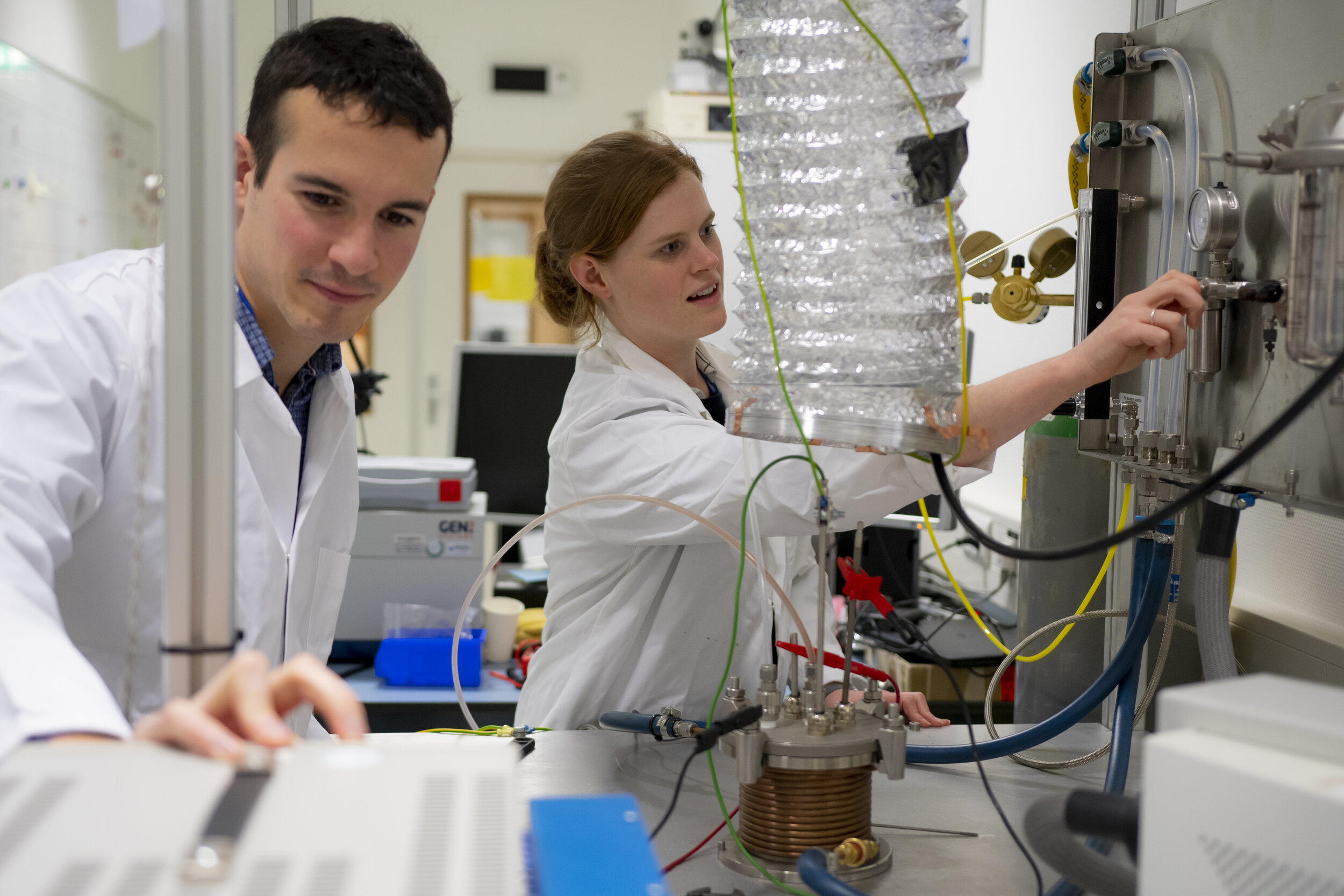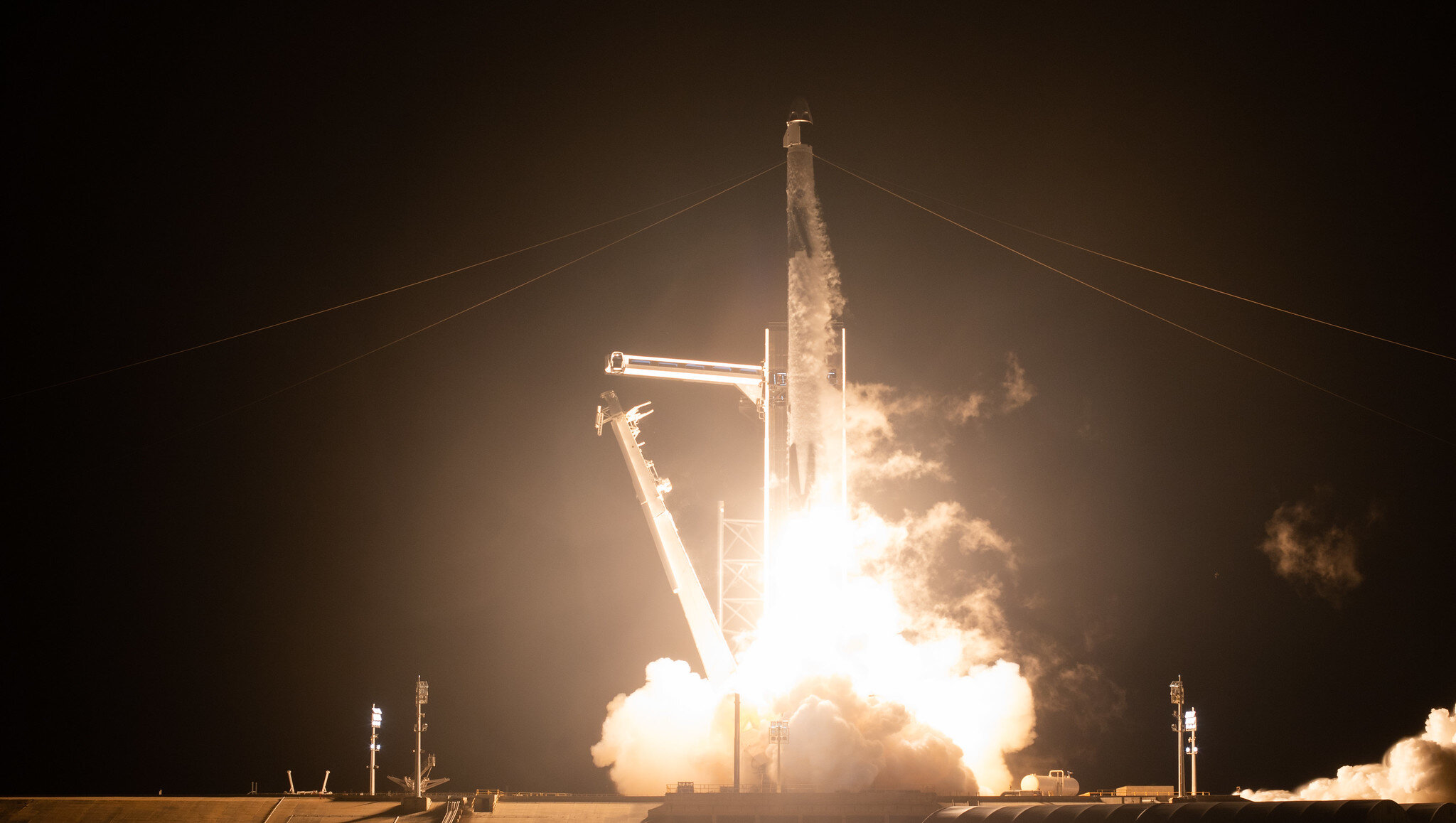I would like to pitch a scenario to you all; see what kind of future you have as a campaign manager. Try and sell me on the appointment of Jeffery Dahmer for president of the United States of America. Also, I’ll need you to try and sell me on the enshrining of his legacy as president with a series of great monuments of marble and brass, located in every city in the country. Finally, I’m going to need you to convince me why President Jeffery Dahmer should be on the 1, 5, 10, 20, 50, and 100 dollar bills.
If you aren’t following where I’m going with this, I’m referring to the mass brainwashing of this nation – a nation of 1.4 billion human beings, into believing that Mao Zedong, killer of somewhere in the neighborhood of 60 – 100 million Chinese people is the father of their nation. I recently met a fellow called Sean who has been very open to me about the history of China, while in another part of town, my girlfriend has been talking with a local young person. A difference in 8 years has produced two completely different people in terms of attitude towards their leadership. There’s no reason why any of you reading should be aware that China has just amended her constitution to allow a leader to stay in power indefinitely. Unsurprisingly, Mr. Xi Jinping was very much in favor of this amendment, as it will allow China, as Sean put it, to “Regress back into a feudal country. We have an emperor.” On the other hand, my girlfriend’s acquaintance seems to think it’s a step forward in the right direction, as Jinping’s leadership has been very satisfactory to her. Though when Taylor asked her what if his leadership had been terrible, this young person explained that it would not have mattered, as the country would not know anything other than such a leader; therefore the desire for a better one would not exist!!!
“Maybe they’ve all been killed!” exclaimed Sean when I asked him about the lack of homeless people.
Returning to Mao Zedong, the father of modern China and first chairman of the communist party, many people revere him as the founder of the nation, but the information regarding his murderous policies, the famine which under his watch killed 35 million Chinese people, and the Cultural Revolution which sent many, many more to their graves, is just not available. The historians are silent of these atrocities, driving Sean ever farther away from a belief that his country will ever change for the better on her own, and that war must come, because it would be the only thing she couldn’t pay for.
I simply had to write something down about this situation considering how often I see or meet communists in America. Forget your ideological books, forget all your rational ideas on brotherhood and community and know that I’m here and you’re not. I’m in the nest of vipers your murderous doctrines have produced, and it’s not utopia. Anyway, I had the opportunity to visit my first functioning Buddhist temple yesterday, finding it just as dreamy and mysterious as you could imagine. There weren’t many people there at all, nor were there any monks about. It seemed a 50/50 split between sight-seers and devotees walking around the 350 year old monastery. On occasion you’d pass from one courtyard into another, the prayer wheels spinning silently – marking the passing pilgrim’s presence – if absent form. Three or so buildings had been converted to kitchens where grey women with leathery skin tended to the needs of the monks, or perhaps each other, I couldn’t tell. Outside the fluttering of three thousand prayer flags in the wind drowned the noise of local conversationists talking about the changing weather. The sharper trills of birds coming to enjoy the blossoms of pear, cherry, and mulberry trees however could not be obscured; and were most welcome.
Even in all that pleasantness, the towers of a business oriented city loomed large and grey all around the humble walls of the monastery, which, like a child hiding futilely under the covers at the threat of a monster, demonstrated that no barriers can keep out the tides of changing times; and only served to darken my mood. Cultural forces like these are terrifying to behold first hand. They don’t just strike at the hearts of those poor weary souls, who like turtles upon the earth move about slowly with contentment, but also at the hopeful child within the traveler’s heart, desperately hoping for a glimpse into an older world – an alien world. For the sprint to extinguish the old, weak-backed China and for the Middle Kingdom to join the modern world has occurred with a pace uncheckable by anyone, even those most responsible for its destruction. Certainly as in most places on earth, the young people have grown up in an age of globalization and seem to fit in it perfectly. But those who have age enough to look behind at what once was, seem, whether by accident or design, out of place in the mass of steel and concrete. The elders wear brightly colored garments as they go about slightly bowed, arms clasped behind their back peering at you with eyes like a clever dog or a young child – seeing everything for the first time, from under the brim of their hats. In their hands they rattle bracelets of smooth peach pits or tree nuts called “ to make perfect with oil,” referring to the oil and sweat from one’s hands and arms reducing the rough husk of the nut to something of pearl-like symmetry and beauty.
On the other hand the young people don’t visit the imperial tombs, the imperial palace, or the old town districts; they don’t know the names of the dynasty that brought cities like Shenyang into the world’s oldest continuous civilization, and they aren’t interested in so much in the classical Chinese arts. Even though modern Shenyang has been lots of fun, and I enjoy all the trappings of the modern life, I begin yearn for an older China, a more rural China; out of this concrete jungle and into something different. Yet does it exist in the heartland? I cannot say for certain. My friend Sean laughed, as I told him I was drawn here by the BBC program Wild China, asking “Then you figured out it was all a lie?”
I don’t think he’s exaggerating. My coworker Aaron told me that ‘rural’ barely exists as a term of living, and that beyond the lights and modernity of China’s cities, the landscape becomes bleak, barren, and stricken with dire poverty and disrepair – especially up here in the northeast, while Sean assures me that the term ‘wilderness’ is far too generous a label to coin any part of central or eastern China with, so we settled with ‘places where wildlife is.’ Mao’s rush to catch up, industrially speaking, with the western powers was so poorly planned, it not only contributed to maybe the largest famine in human history, but also the cannibalization of the oldest continuous civilization in human history; along with all the forests and hills and jungles within it. In ‘Shadow of the Silk Road,’ renowned travel writer Collin Thurbod, spoke of Xi’an, the old capital of China, and how the people there tore down 2000 year old monuments with explanations like, “It was only natural – use the materials of the past to build a brighter future,” however according to Thurbod’s locals, the terrible truth was that they consumed the bright glimmer of past achievement to lay the foundation for a bitter modern failure. Fortunately for Shenyang no one is taking bricks from the palaces to build a coffee table, but the practice of some of the oldest traditions in the Ano Domini are slowly becoming neglected.
I know this has been a terribly depressing blog post, but having finally made it through to the locals, I had to report on the reality of this great country. I’ll try to leave with something positive or interesting, like….. Did you know that Chinese babies are born age 1? So if you ask how old they are, they will tell you, but remember to minus a year. It’s called their “Big age.”



